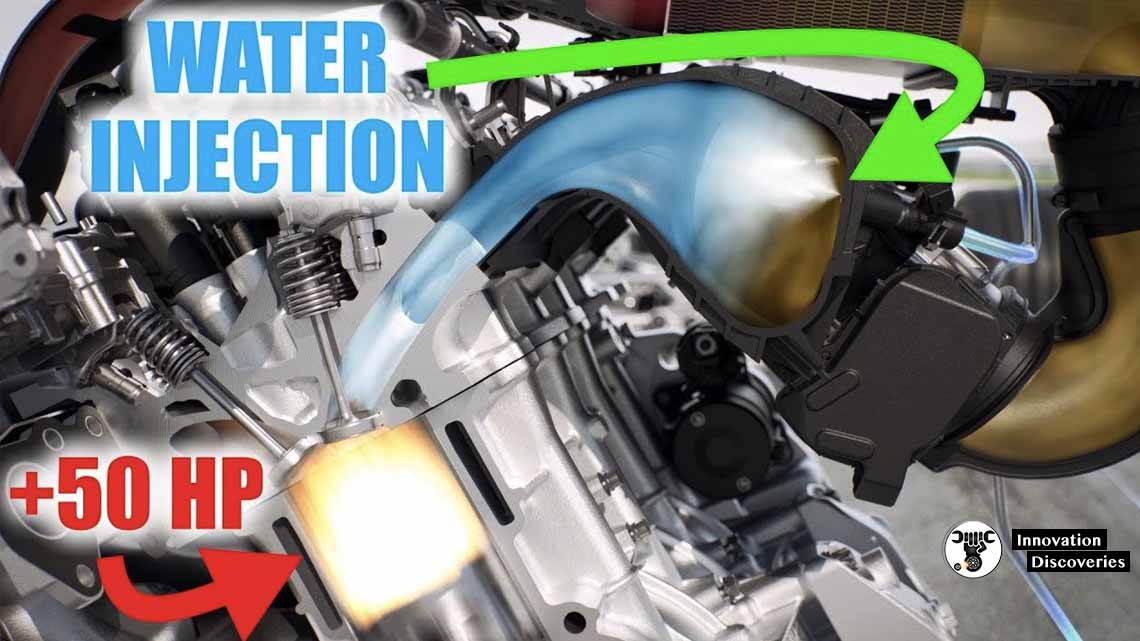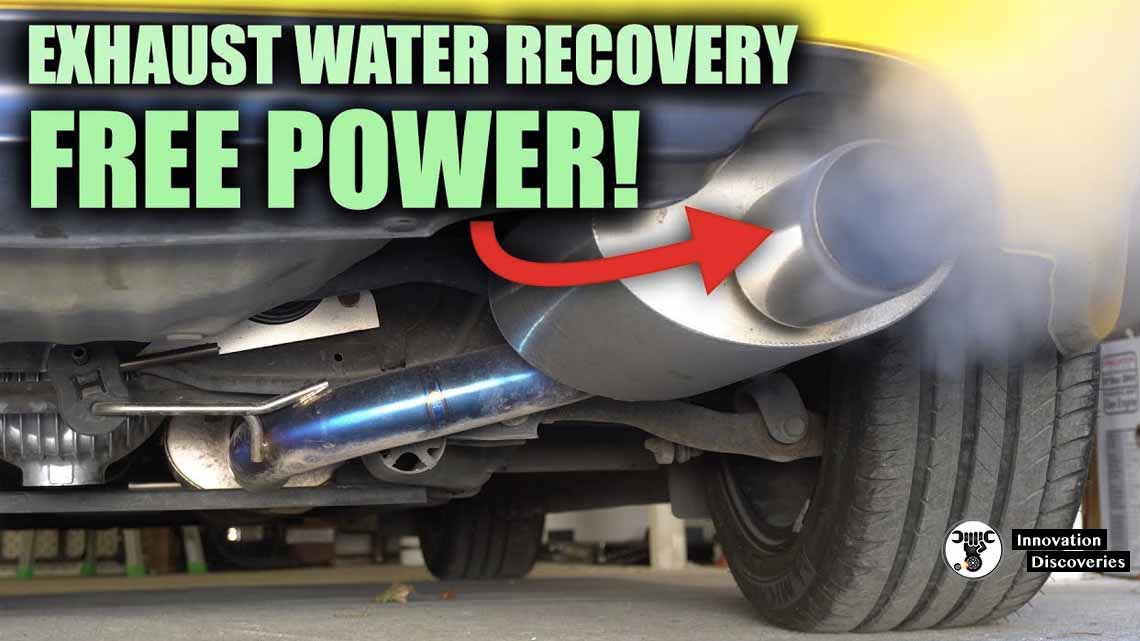
Arguably the coolest part of the BMW M4 GTS is its water-injection system, a production-car rarity.
It was a big part of how BMW was able to turn up the standard M4’s 3.0-liter twin-turbo inline-six from 425 hp to 493 for the GTS.
So how can a tank of distilled water create such a substantial boost in power?
As Jason Fenske of Engineering Explained in detail in this new video, the water injection system allowed BMW engineers to crank up turbo boost and advance spark timing without increasing knock or decreasing reliability. A win-win.
BMW’s water-injection system—which Bosch and available to other automakers supply—sprays cold water into the intake plenum via three injectors.
The water immediately evaporates into the manifold’s air, reducing intake air temperature and increasing the air density.
Internal combustion engines run best with cool, dense air, which helps decrease the likelihood of knock.
With a water-injection system like this, the compression ratio can also do increased, though BMW engineers opted to maintain the standard M4’s 10.2:1 ratio for the GTS.
It’s also worth noting that the Porsche 911 GT2 RS offers a water-injection system, too, though Porsche’s system works by spraying water onto the intercoolers.
Water injection is an old-school trick for getting more power out of turbocharged engines.
The 1962 Oldsmobile Jetfire, with its turbocharged V8, relied on a mixture of distilled water, methanol, and anti-corrosion chemicals.
Evocatively, Oldsmobile called this mixture Turbo Rocket Fuel, and it was essential since this was years before knock sensors could prevent destructive detonation.
If you didn’t fill the water tank, the Jetfire’s turbo was bypassed.
Saab also offered a water injection kit on the 99 Turbo. Still, the development of intercoolers led OEMs away from factory-fit water injection systems.
However, aftermarket tuners have made big power with such devices (most of which run on a mix of water and methanol).
Now, with automakers looking to extract more performance and fuel efficiency from turbo motors, factory water injection could become common.






2 Comments